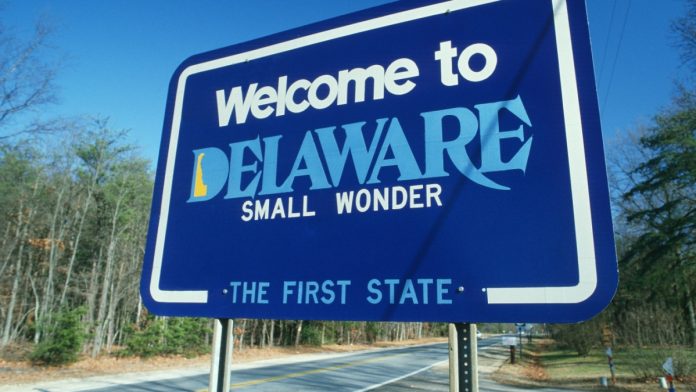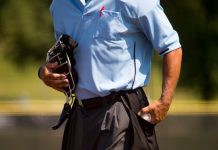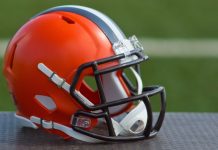Delaware lawmakers are advancing a bill that aims to create an open sports betting market.
House Bill 365, sponsored by Rep. Franklin Cooke and William Bush, has been assigned to the state’s House Appropriations Committee after being heard by the chamber’s Administration Committee this week. HB 365, introduced in April, proposes an amendment to Delaware’s active gaming law. Its rules only allow one exclusive operator.
Delaware went live with regulated sports betting in 2018 becoming one of the first states outside of Nevada to accept retail single-game sports wagers. The Blue Hen State has since expanded to online wagering that was once offered by 888 as its exclusive operator.
Last year, Rush Street Interactive (RSI) took over for 888 after securing a five-year deal to make its BetRivers brand Delaware’s exclusive sports betting and iGaming provider.
Lawmakers in Delaware are now looking to give BetRivers competition in the state.
“Delaware has had mobile sports betting through the BetRivers platform for more than four months. Despite what you’ve been told it is not producing significant revenue for the state,” said Cooke during an Administration Committee meeting on Wednesday. “The state of Delaware earned $8.5 million in the fiscal year of 2023 without mobile sports betting.”
Cooke and other supporters of HB 365 believe the measure can create additional tax revenue while offsetting costs associated with having BetRivers as an exclusive operator. The costs include hosting computer servers, advertising, and geolocation services.
Since BetRivers became an official state vendor, those costs have reached $2.2 million.
Potential framework in Delaware
HB 365 proposes partnerships between sports betting operators and video lottery agents, which are authorized to secure deals with up to two online sportsbooks. The prospective operators are required to pay a $500,000 wagering license fee for a five-year term. Operators seeking to renew their licenses can do so for $250,000 for another five years.
The proceeds from the licensing fees are allocated toward Delaware’s General Fund.
Under HB 365, the state will also generate revenue behind an 18% tax rate on adjusted gross receipts for operators. The tax revenue is to be deposited into the state’s Lottery Fund with a portion also given to the Division of Substance Abuse and Mental Health. The Delaware Thoroughbred Racing Commission also receives revenue under the measure.
HB 365 has garnered support from the Internet Sports Lottery Legislative Working Group, a bipartisan coalition, but the bill is receiving pushback from RSI due to its financial and regulatory commitment to the state and the chance to drive record state revenue.














